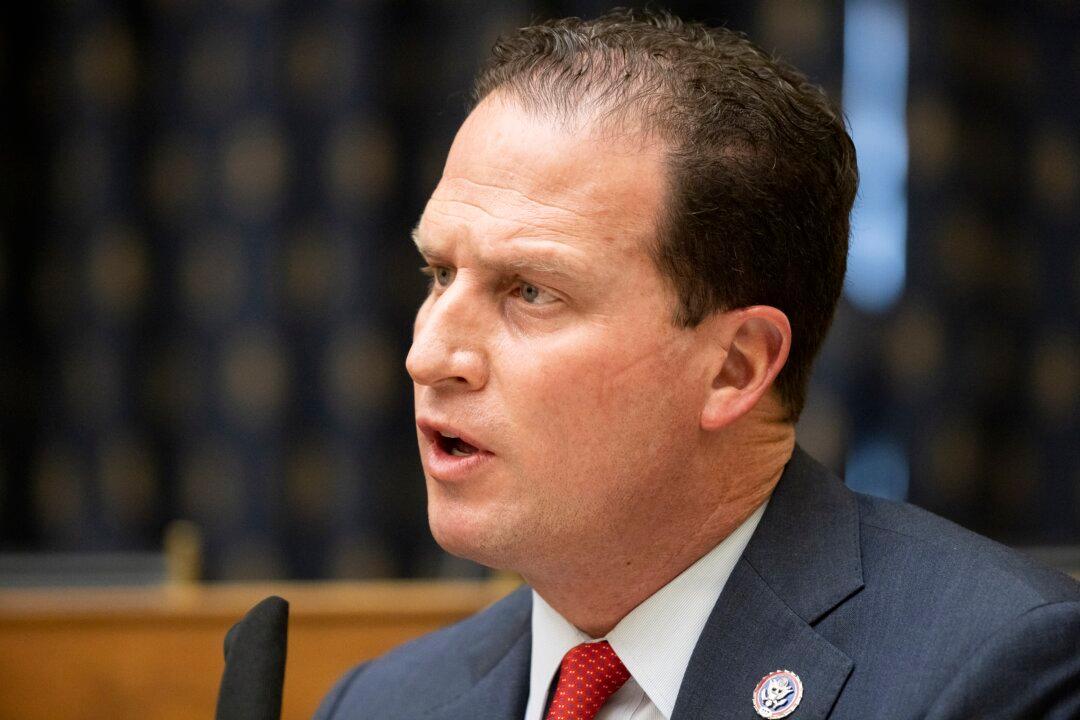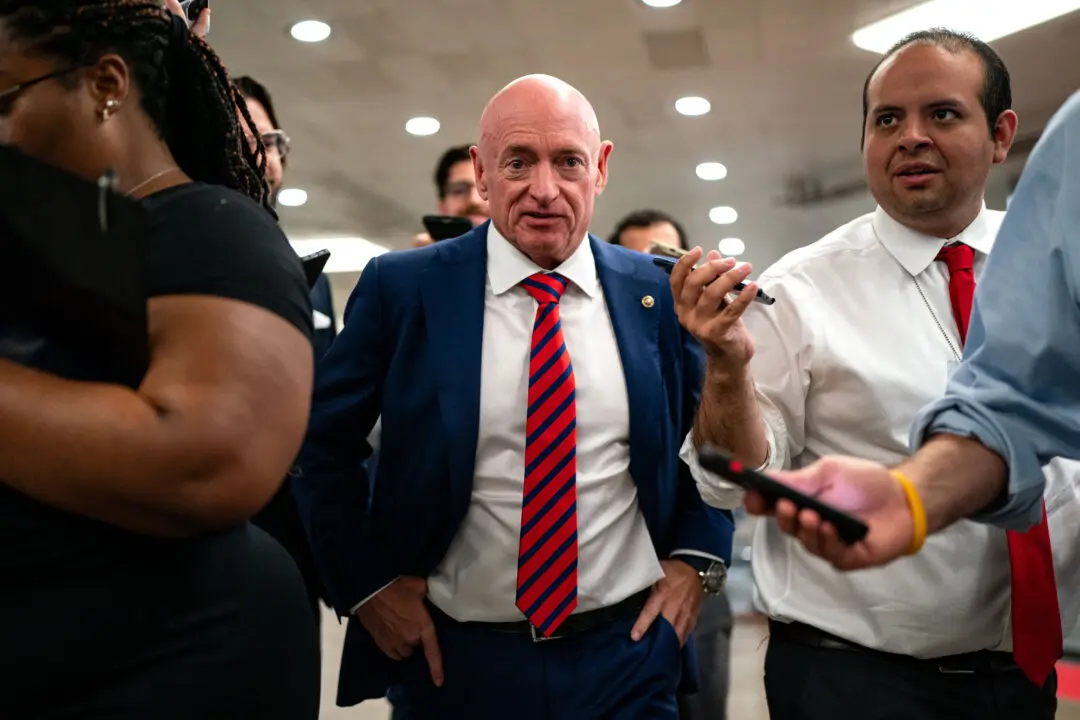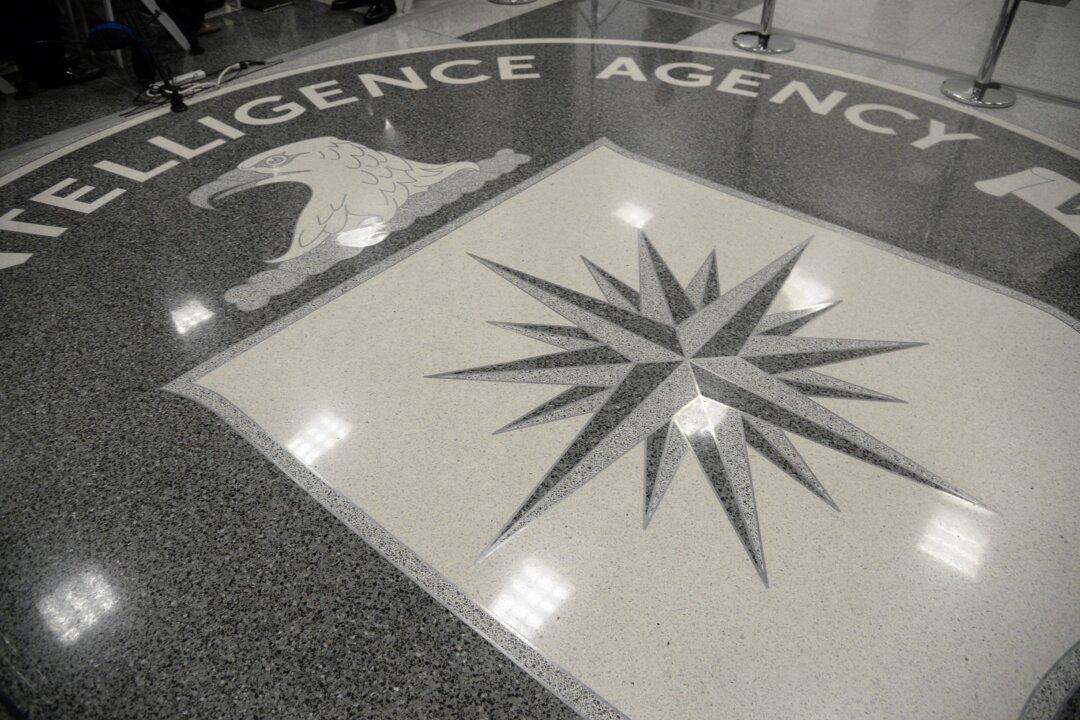Lawmakers in the House held a hearing on Thursday to discuss efforts by the Chinese regime and its affiliates to surveil the United States, including the recent transit of a high-altitude surveillance balloon over the country and reports of a Chinese secret police station operating in New York City.
“This Chinese surveillance balloon was a brazen display of espionage in the U.S. homeland, but it is ultimately one of many ways the CCP [Chinese Communist Party] is working to exploit our vulnerabilities,” Rep. August Pfluger (R-Texas) said in his opening remarks before the House Homeland Security Subcommittee on Counterterrorism, Law Enforcement, and Intelligence on Thursday. “Today, we must take the conversation beyond the balloon and discuss all the avenues the CCP is threatening U.S. homeland security.”






